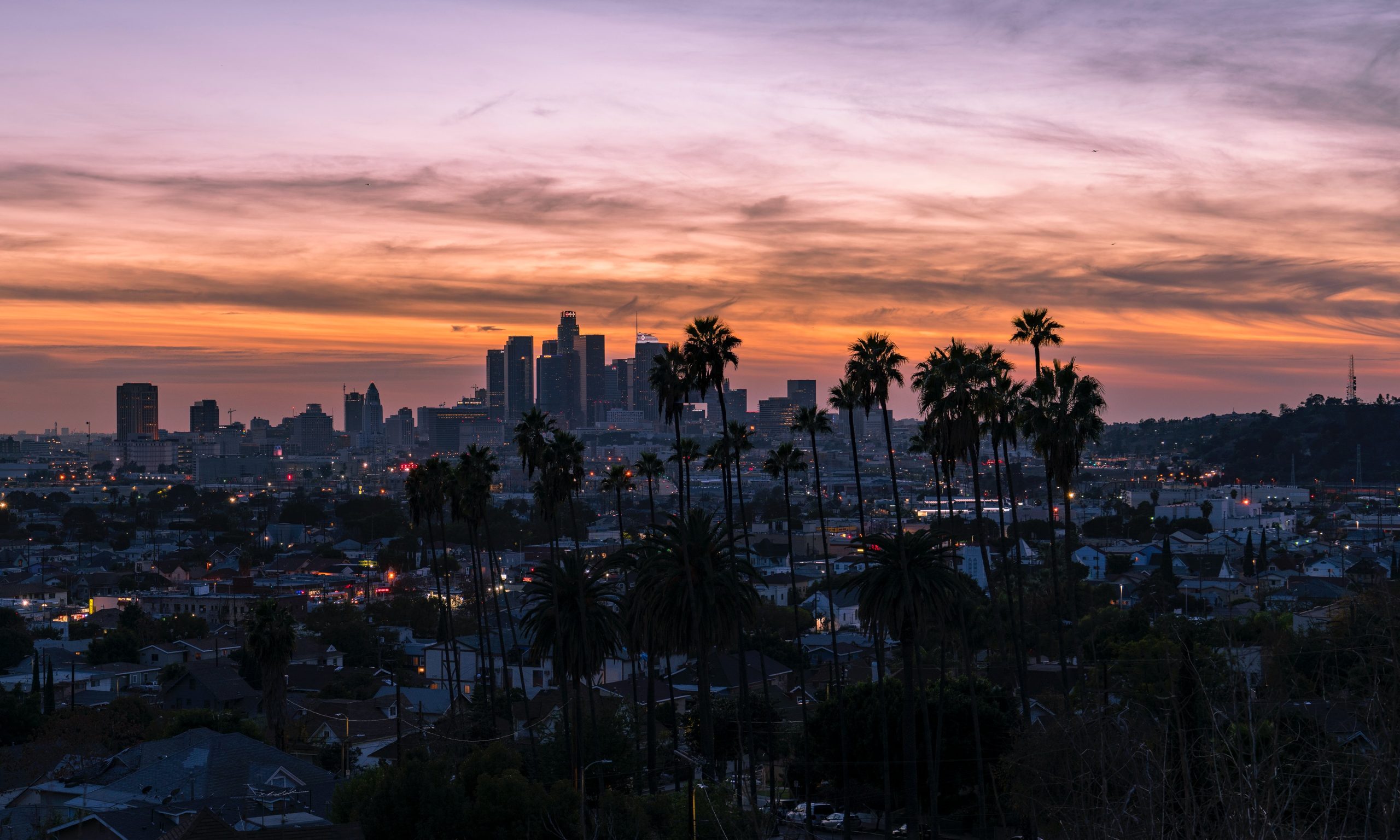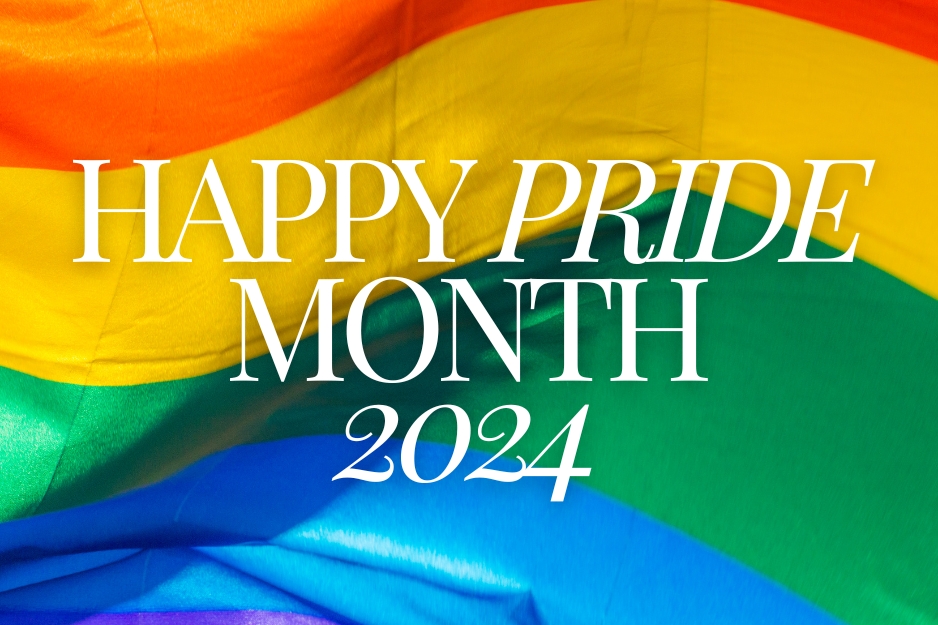
When Technology Becomes a Tool for Harassment: Your Legal Rights in the Digital Age
Imagine discovering that someone created an explicit deepfake video of you and shared it with your coworkers, causing immediate damage to your professional reputation and emotional well-being. This nightmare scenario is becoming increasingly common as AI technology advances, leaving victims wondering if they have legal recourse. The good news is that California law recognizes deepfake-generated content can constitute sexual harassment, and recent legislation has strengthened protections for victims. Whether you’re facing AI-generated harassment at work or online, understanding your legal rights is the first step toward justice and recovery.
💡 Pro Tip: Document everything immediately – save screenshots, emails, and any evidence of the deepfake content before it’s deleted. This documentation will be crucial for your legal case.
If you’re grappling with the unsettling use of deepfakes and need guidance on your rights, RD Law Group APC is here to lend a hand. Don’t hesitate to reach out at (424) 535-1500 or contact us. Let’s work together to turn the tide in your favor.
Understanding Your Legal Rights When AI Creates Sexual Harassment
Sexual harassment law in California has evolved to address digital threats, including AI-generated content. Under Title VII and the California Fair Employment and Housing Act (FEHA), harassment includes any unwanted conduct of a sexual nature that creates a hostile work environment. This definition now extends to deepfake pornography and sexually explicit AI-generated images. A LA sexual harassment lawyer can help you understand that conduct must be offensive not only to you but also to a reasonable person in the same circumstances to qualify as actionable harassment.
Recent California legislation has specifically addressed the deepfake crisis. SB 926, signed by Governor Newsom in September 2024, creates a new crime targeting AI-generated sexually explicit deepfake content. The law makes it illegal to create and distribute sexually explicit images of a real person that appear authentic when intended to cause serious emotional distress. Additionally, SB 981 requires social media platforms to establish mechanisms for reporting sexually explicit deepfakes, ensuring content is temporarily blocked during investigation and permanently removed if confirmed. These new protections give victims stronger tools to fight back against digital harassment.
The California Supreme Court’s July 2024 decision in Bailey v. San Francisco further strengthened harassment protections by ruling that even a single isolated act of harassment can support a claim under FEHA. This precedent-setting case means that one instance of deepfake harassment could be enough for legal action, eliminating the previous requirement for a pattern of behavior. Understanding California deepfake and AI watermarking laws is essential for building a strong case, especially since SB 942 now requires AI systems to include provenance disclosures in generated content.
💡 Pro Tip: California’s new deepfake laws include both criminal penalties and civil remedies, giving you multiple paths to pursue justice depending on your specific situation.
The Legal Process: From Discovery to Resolution
Acting quickly after discovering deepfake harassment is crucial for preserving evidence and protecting your rights. The timeline for resolving these cases varies, but understanding the typical process helps set realistic expectations. Most cases begin with immediate documentation and reporting, followed by formal complaints with employers or legal action. California law requires employers to conduct immediate and appropriate corrective action after harassment incidents, and their failure to do so may constitute negligence.
- Immediate action (24-48 hours): Document the deepfake, report to your employer’s HR department, and contact law enforcement if criminal activity is suspected
- Initial investigation (1-2 weeks): Your employer must begin investigating promptly; meanwhile, consult with an attorney to understand your options
- Formal complaint filing (30-60 days): File with the California Civil Rights Department (CRD) if workplace harassment, or pursue civil litigation for other deepfake harassment
- Platform removal process (varies): Under SB 981, social media platforms must temporarily block reported content immediately and investigate within a reasonable timeframe
- Resolution timeline (3-18 months): Cases may resolve through settlement negotiations, administrative processes, or trial, depending on complexity and defendant cooperation
💡 Pro Tip: California’s statute of limitations for harassment claims is typically one year from the last incident, but deepfake cases may have different timelines depending on whether you pursue criminal or civil remedies.
Finding Justice: How an LA Sexual Harassment Lawyer Can Help
Resolving deepfake harassment cases requires understanding both traditional sexual harassment law and emerging technology regulations. Working with a LA sexual harassment lawyer ensures you pursue all available legal remedies, from workplace complaints to criminal charges. RD Law Group APC has extensive experience handling complex harassment cases and stays current with California’s evolving digital harassment laws. The firm understands that deepfake victims need both immediate protection and long-term solutions to restore their reputation and emotional well-being.
Legal remedies for deepfake harassment victims include monetary damages for emotional distress, lost wages, and reputational harm. Courts may also issue restraining orders to prevent further distribution of harmful content. In workplace cases, employers who fail to take immediate corrective action face additional liability. The combination of new criminal penalties under SB 926 and strengthened civil protections creates multiple avenues for justice, allowing victims to choose the approach that best fits their situation and goals.
💡 Pro Tip: Many deepfake harassment cases settle out of court to avoid publicity and quickly remove harmful content, but having strong legal representation ensures you receive fair compensation and comprehensive protection.
The Intersection of AI Technology and Workplace Harassment Law
The rise of generative AI has created unprecedented challenges for workplace harassment law. AI tools can create realistic deepfakes in minutes, making it easier for bad actors to harass victims through sexually explicit or compromising fabricated content. Understanding how traditional harassment law applies to these new technologies helps victims recognize their rights. A LA sexual harassment lawyer can explain how California’s comprehensive approach combines employment law protections with specific AI regulations to address this growing threat.
Employer Liability in the Age of AI
Employers have specific obligations when AI-generated harassment affects their workplace. Under Title VII and FEHA, companies must protect employees from harassment by coworkers, supervisors, and even third parties like customers or vendors. This responsibility extends to deepfake harassment, whether created on company equipment or affecting the work environment. When employers fail to implement adequate AI use policies or respond appropriately to deepfake incidents, they may face significant liability. The immediacy and viral nature of digital content makes prompt employer response even more critical than in traditional harassment cases.
💡 Pro Tip: Request your employer’s AI use policy and digital harassment procedures in writing – many companies haven’t updated their policies to address deepfake threats, which could strengthen your case.
Navigating the Complex Web of AI Liability
Determining liability in deepfake harassment cases involves multiple potential defendants. Unlike traditional harassment with a clear perpetrator, AI cases may involve the person who created the deepfake, the AI platform that enabled it, and the sites hosting the content. Understanding AI defamation liability helps victims identify all responsible parties. Those who use AI software to create and publish harmful content are the most likely targets for liability, as proving defamation against AI model creators like OpenAI faces significant legal hurdles.
Evidence Challenges in Deepfake Cases
Proving deepfake harassment presents unique evidentiary challenges. While the content itself may be obviously fake to those who know you, establishing its artificial nature in court requires technical expertise. California’s new AI watermarking requirements under SB 942 will help future victims by making AI-generated content detectable, but current cases may need expert testimony. Victims should preserve metadata, document the content’s spread, and identify any distinctive features that prove the content is artificially generated rather than real.
💡 Pro Tip: Consider hiring a digital forensics expert early in your case – their analysis can prove crucial for establishing the deepfake’s artificial nature and tracking its distribution.
The Emotional and Professional Impact of Deepfake Harassment
Deepfake sexual harassment causes profound psychological harm that courts increasingly recognize in damage awards. Victims often experience anxiety, depression, and post-traumatic stress from seeing their likeness used in explicit content without consent. The professional consequences can be equally devastating, particularly in Los Angeles’s image-conscious industries. A LA sexual harassment lawyer understands these impacts and can help quantify both economic and non-economic damages, ensuring compensation reflects the full scope of harm caused by this digital violation.
Building Resilience and Reclaiming Control
While legal action addresses the harassment itself, victims also need strategies for emotional recovery and reputation rehabilitation. California law recognizes the severe emotional distress deepfakes cause, which strengthens damage claims. Working with therapists familiar with digital trauma, engaging reputation management services, and joining support groups for technology-facilitated abuse survivors can complement legal remedies. The journey from victim to survivor requires both holding perpetrators accountable and rebuilding confidence in digital spaces.
💡 Pro Tip: Document all emotional impacts in a daily journal – specific examples of how the harassment affected your work performance, relationships, and mental health strengthen damage calculations.
Frequently Asked Questions
Common Legal Concerns About Deepfake Harassment
Understanding your rights and options when facing AI-generated sexual harassment can feel overwhelming. These frequently asked questions address the most common concerns victims have when considering legal action for deepfake harassment in California.
💡 Pro Tip: Write down all your questions before consulting with an attorney – addressing your specific concerns ensures you make informed decisions about your case.
Next Steps in Your Deepfake Harassment Case
Taking action against deepfake harassment requires understanding both the legal process and practical considerations. These questions help clarify what to expect as you move forward with your case.
💡 Pro Tip: Many attorneys offer free consultations for sexual harassment cases – use this opportunity to evaluate their experience with technology-related harassment before committing.
1. Can I sue for sexual harassment if the deepfake was created outside of work but shared with coworkers?
Yes, you likely have a case. California law holds employers responsible for addressing harassment that affects the work environment, regardless of where the content originated. If the deepfake creates a hostile work environment or interferes with your ability to perform your job, your employer must take immediate corrective action. Consult with a Los Angeles sexual harassment attorney to understand both workplace claims against your employer and direct action against the perpetrator.
2. What damages can I recover in a deepfake sexual harassment lawsuit in California?
California law allows recovery for multiple types of damages in deepfake harassment cases. These include compensatory damages for emotional distress, anxiety, and mental anguish; economic damages for lost wages, career opportunities, or therapy costs; punitive damages to punish particularly malicious conduct; and attorney fees in certain cases. The new criminal penalties under SB 926 may also result in restitution orders. Your technology harassment lawyer California can help calculate the full value of your claim.
3. How long do I have to file a lawsuit for AI-generated sexual harassment?
Time limits vary depending on your specific claims. For workplace harassment under FEHA, you must file with the California Civil Rights Department within three years of the last incident. For civil harassment or defamation claims, you typically have one to two years. Criminal complaints under the new deepfake laws have their own timelines. Given these varying deadlines and the need to preserve evidence quickly, contact a cyber harassment lawsuit California attorney immediately after discovering the harassment.
4. What if I can’t identify who created the deepfake?
Unknown perpetrators complicate but don’t necessarily defeat your case. You may still have claims against your employer for failing to address workplace harassment, or against platforms hosting the content. Digital forensics experts can sometimes trace deepfakes to their source through metadata or distribution patterns. Additionally, civil subpoenas during litigation can compel platforms to reveal user information. An experienced online harassment legal help Los Angeles attorney can pursue all available avenues to identify responsible parties.
5. Will pursuing legal action make the deepfake harassment more public?
This legitimate concern has practical solutions. Many deepfake harassment cases settle confidentially before trial, limiting public exposure. Courts can issue protective orders sealing sensitive evidence. California’s new platform reporting requirements under SB 981 allow content removal without litigation. Your digital harassment attorney Los Angeles can structure your case to minimize publicity while maximizing recovery. Some victims find that taking legal action actually helps reclaim their narrative and deter future harassment.
Work with a Trusted Sexual Harassment Lawyer
Deepfake sexual harassment represents a new frontier in workplace and online abuse, requiring attorneys who understand both traditional harassment law and emerging technology regulations. California’s comprehensive legal framework provides strong protections, but navigating these complex cases demands experienced legal guidance. Whether you’re facing workplace deepfake harassment, online distribution of explicit AI content, or reputational damage from artificial images, understanding your rights and options empowers you to fight back effectively. The intersection of employment law, criminal statutes, and technology regulations creates multiple paths to justice, ensuring victims have recourse regardless of how or where the harassment occurs.
If you’re navigating the distressing world of deepfake harassment, RD Law Group APC is ready to help you reclaim control. Reach out to us at (424) 535-1500 or contact us to explore your legal options. Let’s join forces to find the justice and peace of mind you deserve.




